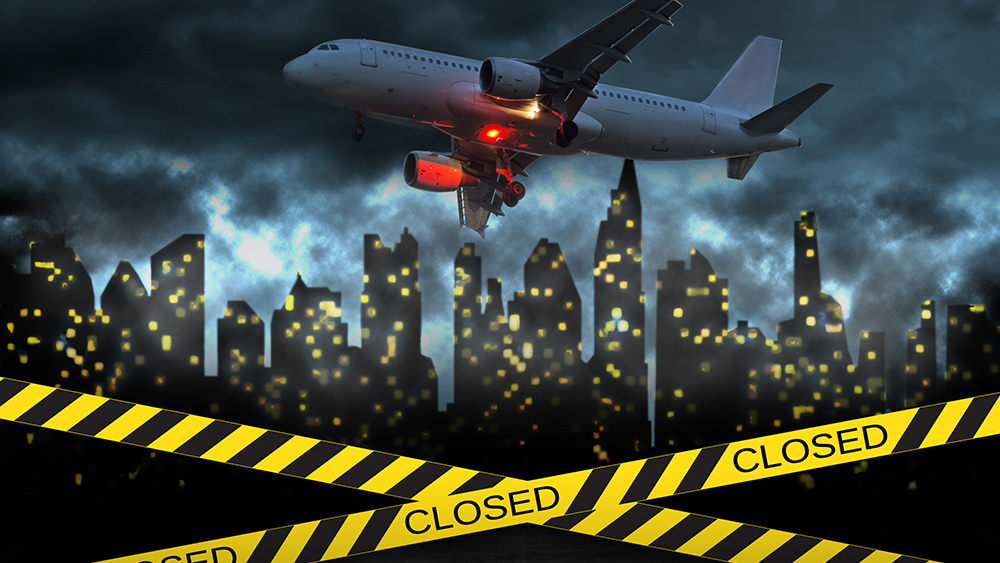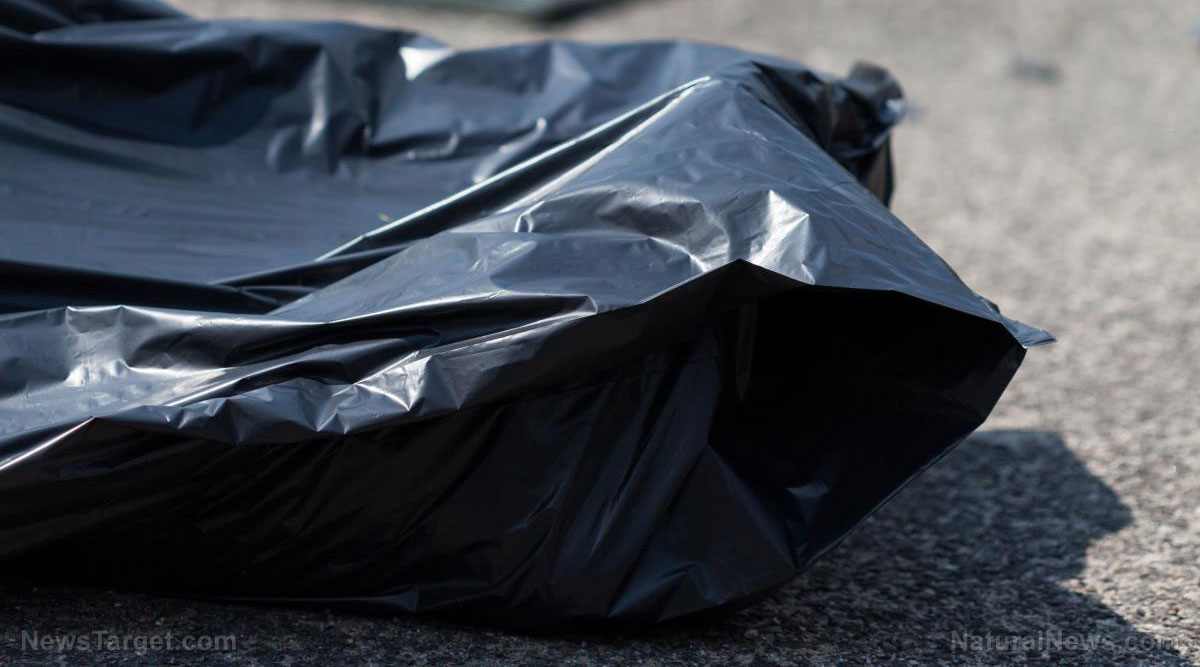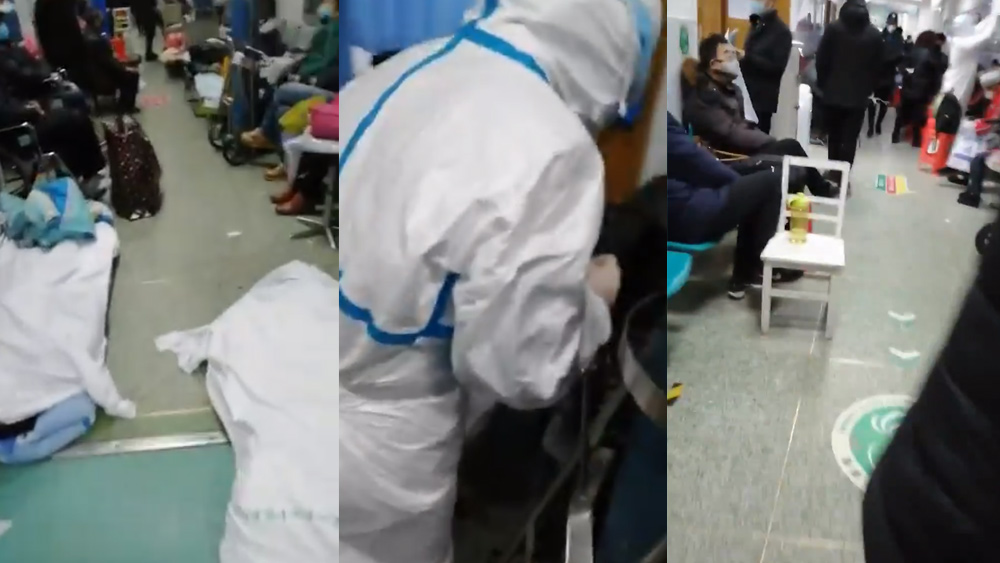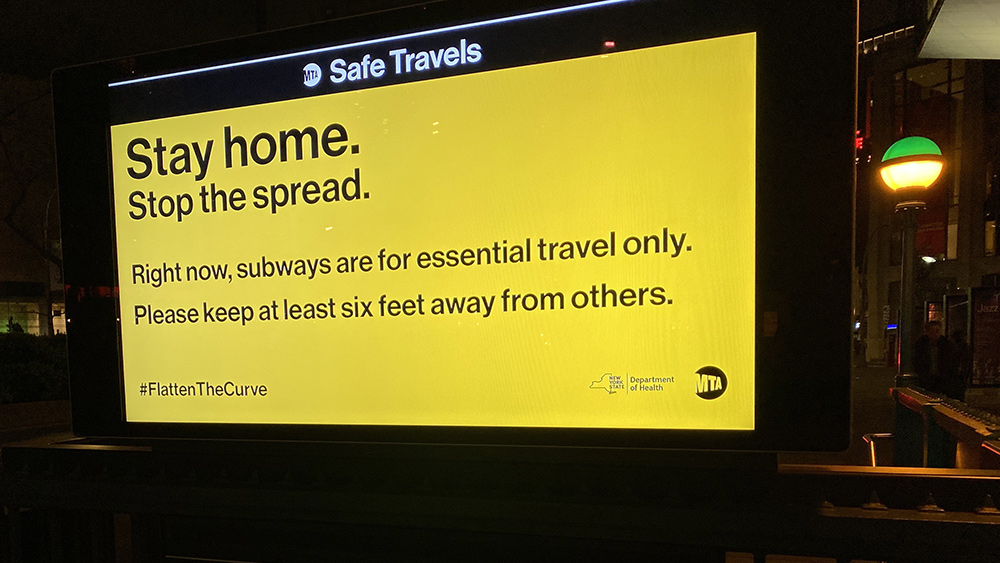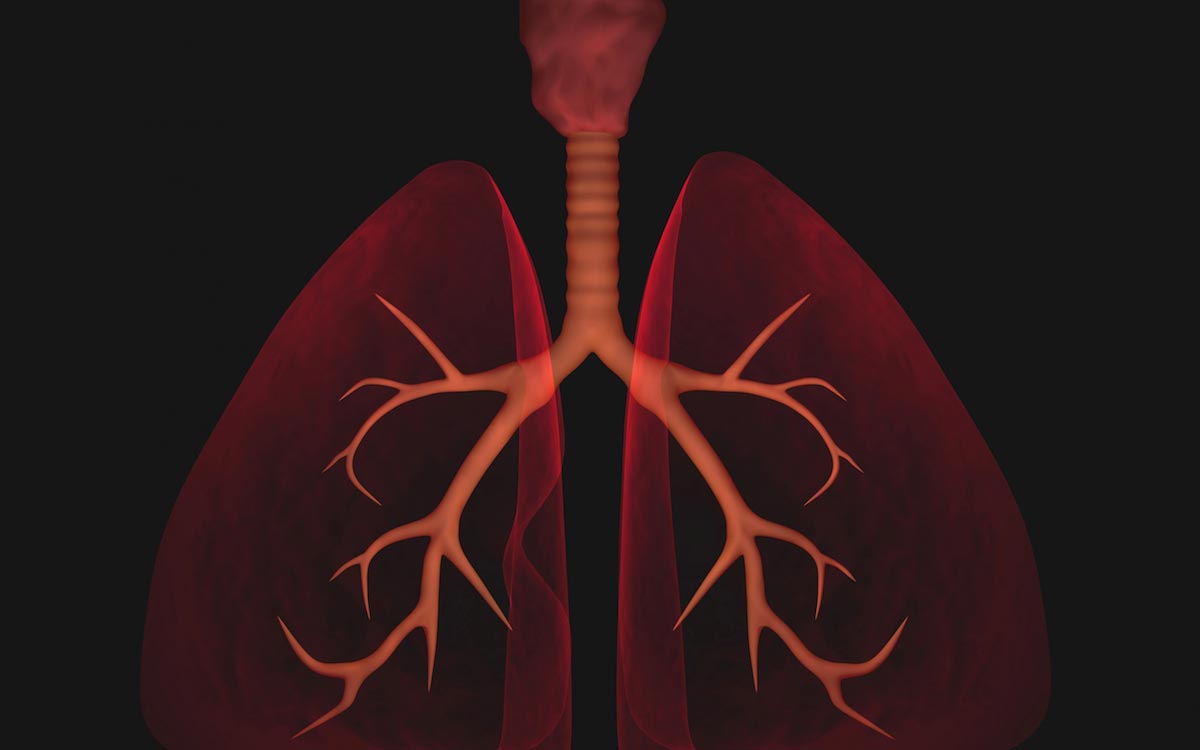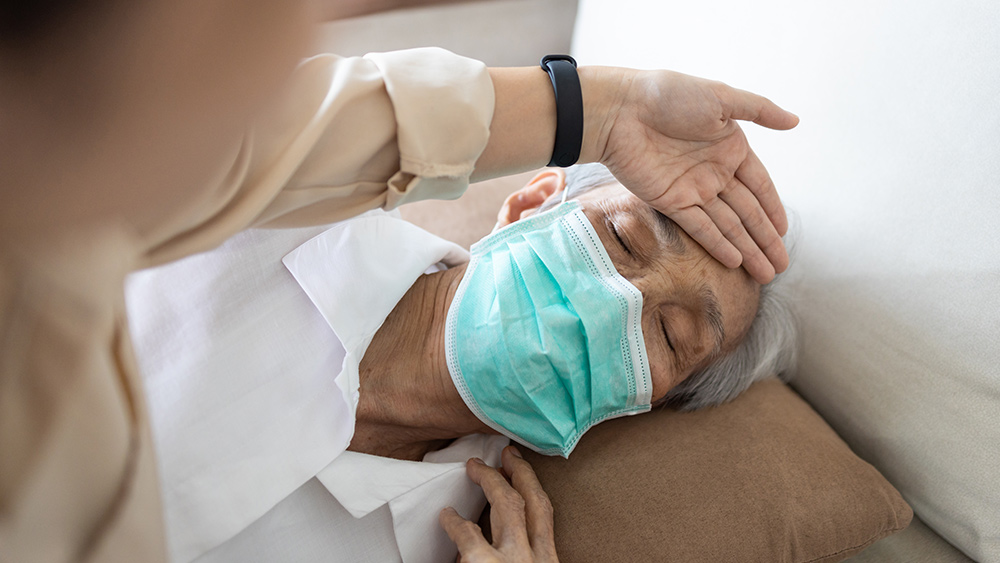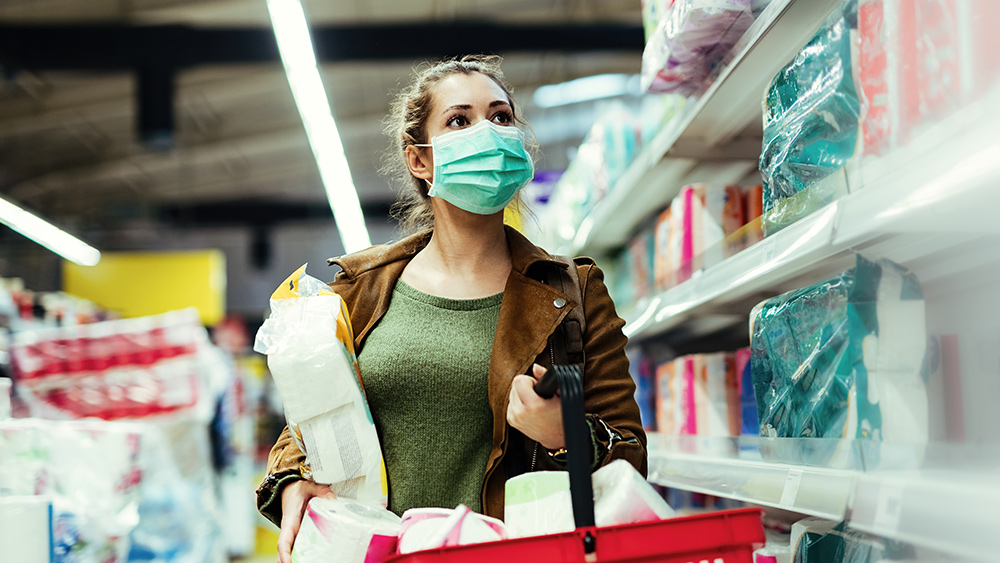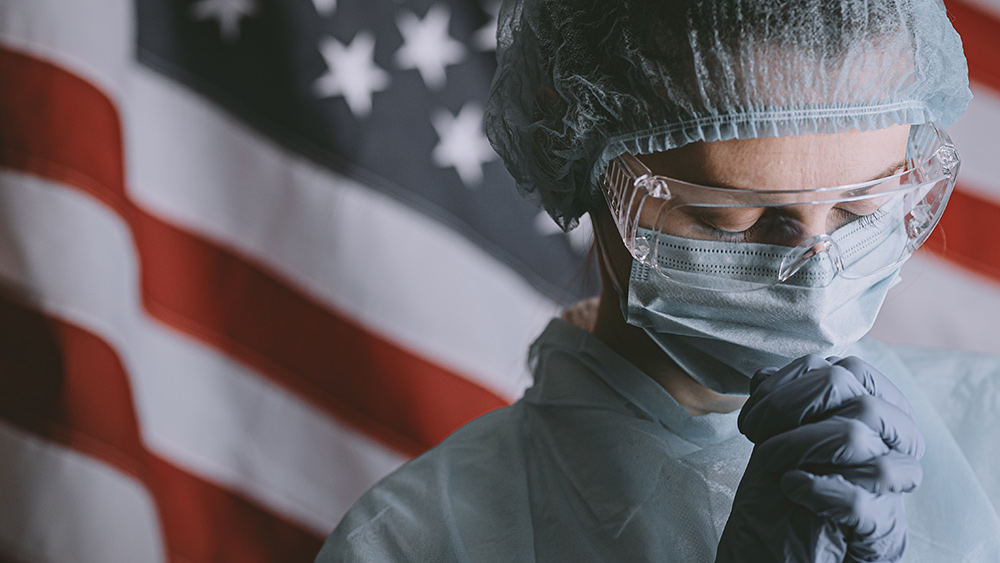Whole Foods employees protest workplace conditions and pay during coronavirus crisis
04/01/2020 / By Isabelle Z.
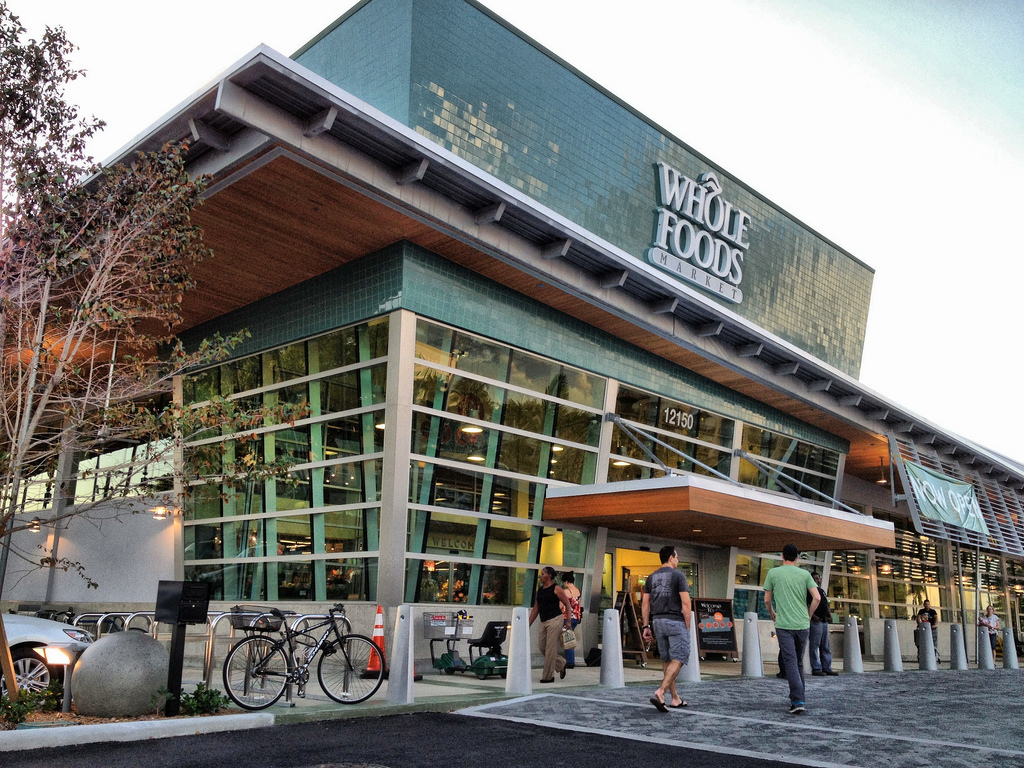
Whole Foods Market employees across the nation carried out a work stoppage on Tuesday as tensions escalated between workers and their employer over issues stemming from the coronavirus crisis.
The employees say that the Amazon subsidiary isn’t prioritizing their safety, even as the grocery chain experiences a period of record-breaking sales as people stock up for self-isolation.
The workers called in sick as part of their effort to demand paid leave for all employees who are self-quarantining or staying home because of coronavirus. They also want free coronavirus testing for all employees given their exposure on the job, along with hazard pay amounting to double the current hourly wage for those workers who do take on the risk during the pandemic.
The sick-out is being organized by Whole Worker, a national worker group. They wrote in a statement that they can’t wait for management to protect them from the threat of COVID-19.
The move comes as Whole Foods workers in stores across the U.S. are testing positive for the virus in locations like New York City, California, Chicago and Louisiana. These stores are remaining open despite the diagnoses, causing some employees to believe that Whole Foods isn’t prioritizing their safety as they rack up record sales.
For its part, Whole Foods says they have taken “intensive measures” to ensure safety, including crowd control measures, social distancing, enhanced deep cleaning, and new safety protocols. They say they have offered two weeks paid sick leave to those workers who test positive for coronavirus and won’t penalize workers who call out sick.
And although Whole Foods has announced a temporary pay raise of $2 per hour, workers say it’s not enough as many have already gotten sick and some may even end up dying for their job. Many of their workers don’t have sufficient savings to enable them to stay home from work, even if they are sick, and there just aren’t enough tests to go around.
One Chicago Whole Foods worker said that those who have no choice but to work are showing up anyway, while those who do have some savings are staying home. They reported staff is on a skeleton crew and said many of their workers would be participating in the sick out.
A New England Whole Foods worker who wanted to remain anonymous told Motherboard she had been told by her doctor to quarantine for two weeks because of her coronavirus symptoms, but Whole Foods didn’t accept the note or offer her sick leave, saying her symptoms weren’t strong enough to get tested.
Why aren’t these companies taking the virus more seriously?
The sick-out is the first national collective action to be led by the company’s workers since its founding in 1980, Vice reports.
Amazon acquired Whole Foods Market for $13.7 billion in the summer of 2017 and is currently hiring thousands of workers for the two businesses.
On Monday, Amazon warehouse workers walked off the job in New York City, while other unauthorized strikes have been seen in recent days in poultry plant workers in Georgia and sanitation workers in Pittsburgh.
Several state attorney generals sent a letter in March to the CEOs of Amazon and Whole Foods, Jeff Bezos and John Mackey, demanding they expand paid sick leave policies to those who have symptoms of COVID-19 but can’t get tested and those caring for people who have been diagnosed with it. The letter stated that they are putting their customers, other employees, and the public at large at a significant exposure risk.
These are chaotic times for grocery store employees, with Whole Foods workers describing the scene at work these days as “post-apocalyptic.” They’re dealing with long lines starting in the earliest hours of the morning and unhappy customers as essentials like bread and toilet paper go out of stock by midday. One worker told the media that workers were crying and having panic attacks on the job.
Unfortunately, Amazon and Whole Foods don’t have the best track record when it comes to taking care of their employees. Let’s hope for everyone’s sake that they come to their senses soon and stop making people who could potentially be spreading this deadly disease feel like they have no choice but to show up for work.
Sources for this article include:
Tagged Under: Amazon, coronavirus, covid-19, employees, grocery stores, infections, pandemic, retail, Whole Foods, worker's rights


